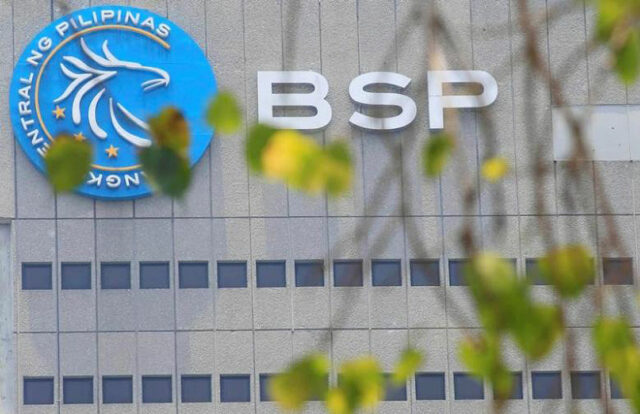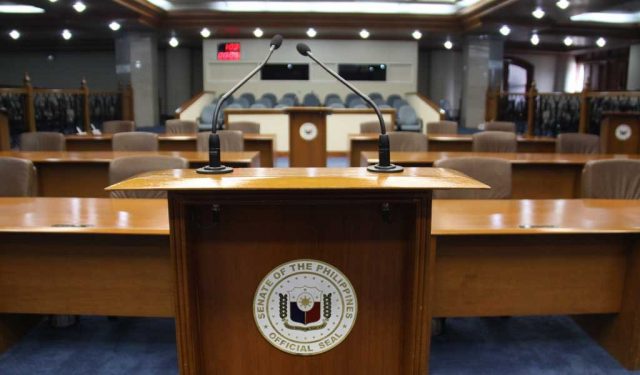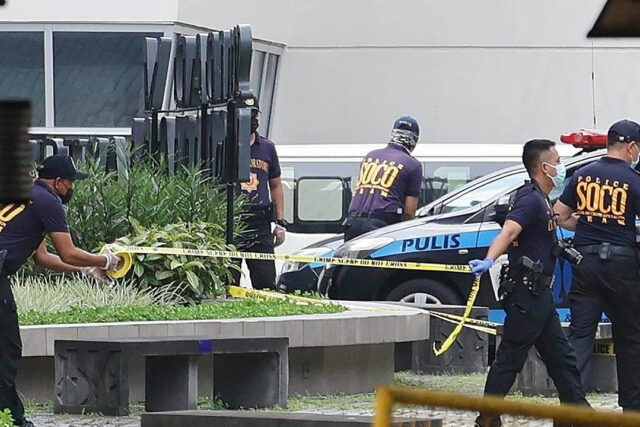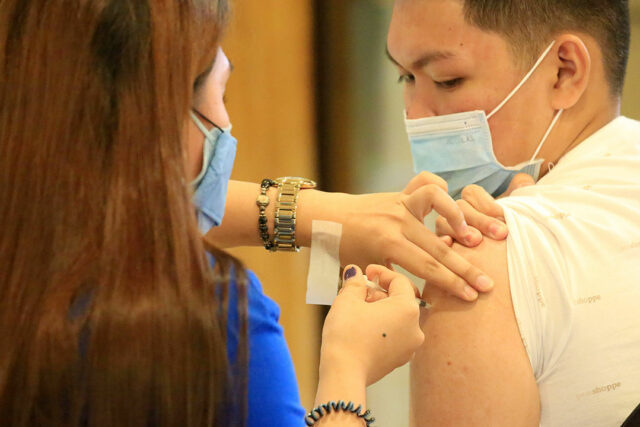By Alyssa Nicole O. Tan, Reporter
and Matthew Carl L. Montecillo
SENATOR Juan Miguel F. Zubiri, who was elected Senate president on Monday, vowed to push legislation that will create jobs, cut hunger and lower the prices of basic goods including food.
In a speech after his election, the senator also said lawmakers would be gauged based on how many houses for the poor are built, how much education is improved and how many people will benefit from economic growth, rather than social media popularity.
“It is with humility that I accept this position,” Mr. Zubiri said in plenary. “I do so conscious of the burden it carries, and committed to the work it entails. As presiding officer, I may wield the gavel, but not the power of this institution.”
“I say this because you and I know that never has the fate of the Senate been dependent on the hands of only one man. It has always rested on the collective shoulders of all its members.”
The Senate president vowed to push legislation that will allow the country not to lag behind the social, economic and technological curve.
“We do so in order to help the government — the presidency even — remedy deficiencies in the delivery of public services and recalibrate ineffective policies,” Mr. Zubiri said, promising that the Senate would remain independent.
The Senate would rather solve problems rather than find faults, he added. “While probes are magnets for publicity, it is the policies — laws patiently written line by line away from the limelight — that drive progress.”
Senators Pia S. Cayetano, Alan Peter S. Cayetano, Ana Theresia N. Hontiveros-Baraquel and Aquilino Martin “Koko” L. Pimentel III — who was elected minority leader — abstained from voting but said they would support Mr. Zubiri.
The Cayetano siblings would remain independent, while the other two would make up the upper chamber’s minority bloc.
“Together with Senator Pimentel I also make of record that I abstained on the vote on the Senate presidency and I’m glad that it will be on record that SP Migz was uncontested,” Ms. Hontiveros said, using Mr. Zubiri’s nickname.
“I also did not cast my vote in favor of my esteemed colleague. At this point, I would like to remain independent. I will also not participate or cast my vote on any minority leader,” Ms. Cayetano said.
“But as I have told the Senate president, he knows my commitment for the amazing work that the Senate will produce,” she said. “He knows that I will participate and ensure that nothing less than excellent work will come out of this Senate.”
Mr. Cayetano said he and his sister would be nonpartisan and would support and criticize anyone when needed.
Meanwhile, veteran lawmaker Lorna Regina “Loren” B. Legarda will be Senate president pro tempore, while Joel L. Villanueva will be the majority leader.
Ms. Legarda, who used to be a TV journalist and the most senior senator, cited the “great deal of work” before them. “It is not a cakewalk, and we cannot do this unilaterally.”
“For twenty-one years, we have had extensive experience as your legislator in the upper and lower houses. We have come a long way but we still have a lot to do,” she added.
Mr. Villanueva said he is ready to learn and listen as majority leader. “We will burn the midnight oil to live up to the responsibilities. We will not sleep or rest until we finish our job,” he added.
Also on Monday, Leyte Rep. Ferdinand Martin G. Romualdez, a cousin of President Ferdinand R. Marcos, Jr., was elected speaker of the House of Representatives.
The congressman got more than 280 votes, hours before the president’s first state of the nation address, according to the chamber’s Twitter account.
Mr. Romualdez, who is Lakas-CMD president, got the support of PDP-Laban, the National Unity Party, Nacionalista Party, the Nationalist People’s Coalition and the Party-List Coalition.
“With unity at the core of the government as our shared vision for the next six years, the House of Representatives requires — now more than ever — a leader that embodies inclusivity, possesses unquestionable competency and feels genuinely for the people we are all duty-bound to serve,” Ilocos Norte Rep. and presidential son Ferdinand Alexander A. Marcos III said in his nomination speech.
He also cited the Speaker’s legislative experience, which had helped pass two Bayanihan bills at the height of the coronavirus pandemic.
Former President and Pampanga Rep. Gloria Macapagal Arroyo was elected senior deputy speaker, while Zamboanga City Rep. Manuel Jose M. Dalipe will be the majority leader. Congressmen have yet to choose the minority leader.
Albay Rep. Edcel C. Lagman voted no, while Party-list Reps. Arlene Brosas, France L. Castro, Marissa P. Magsino and Raoul Danniel A. Manuel abstained.



















